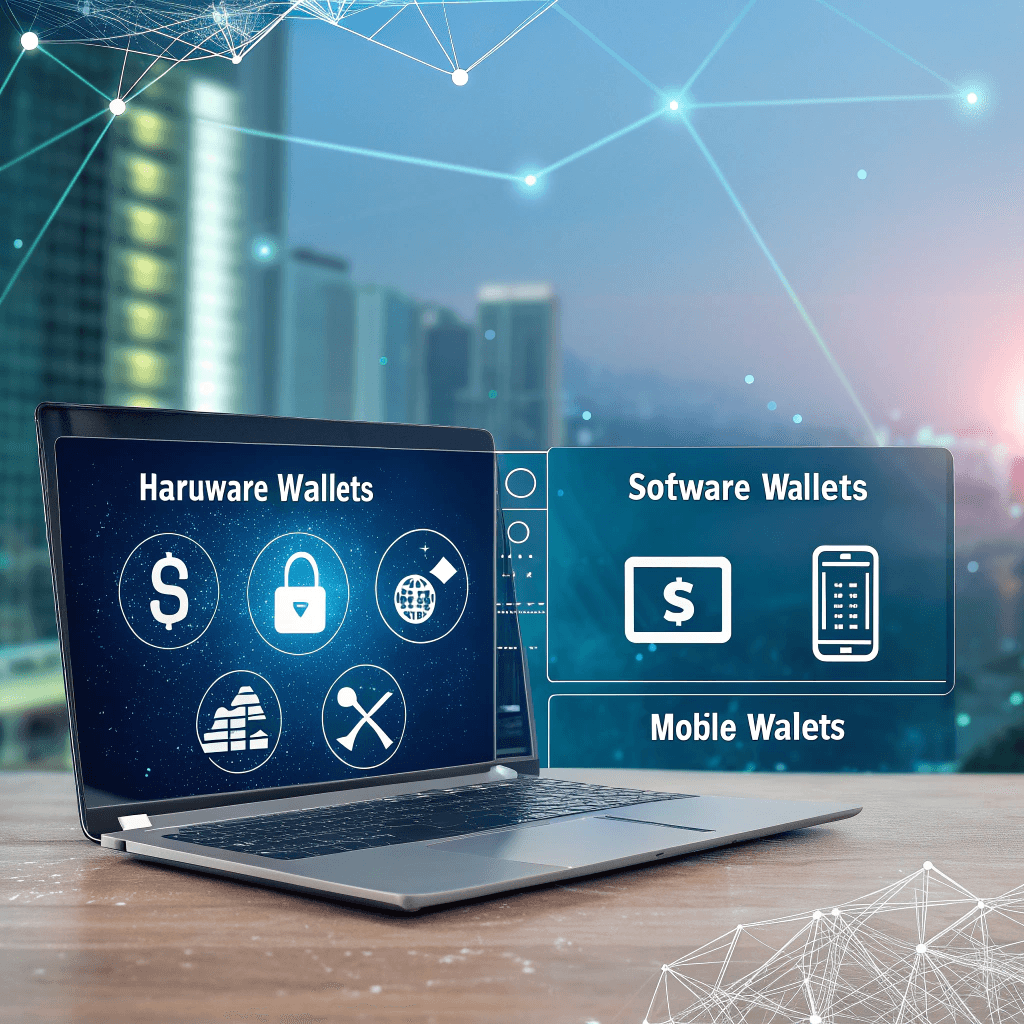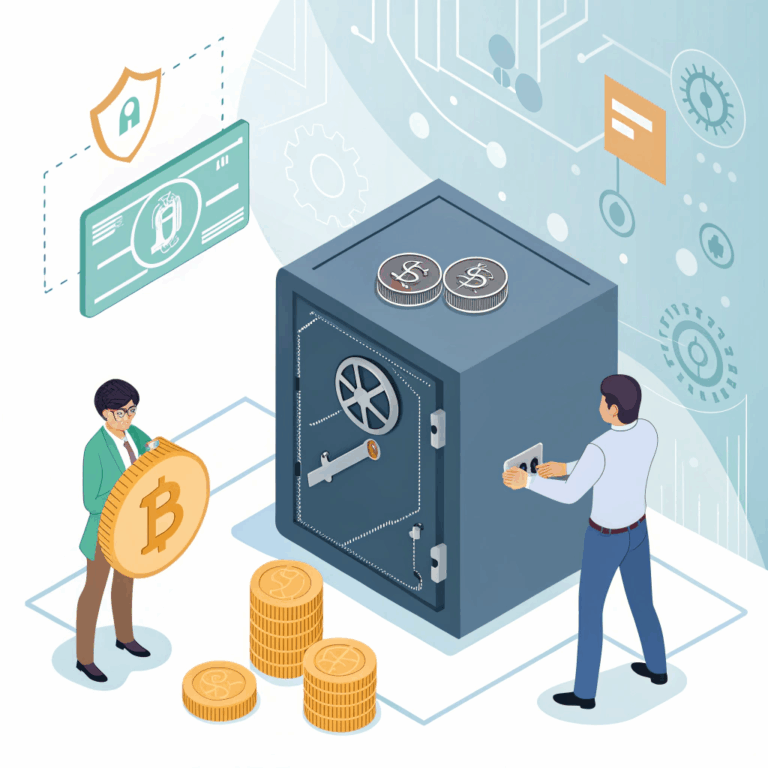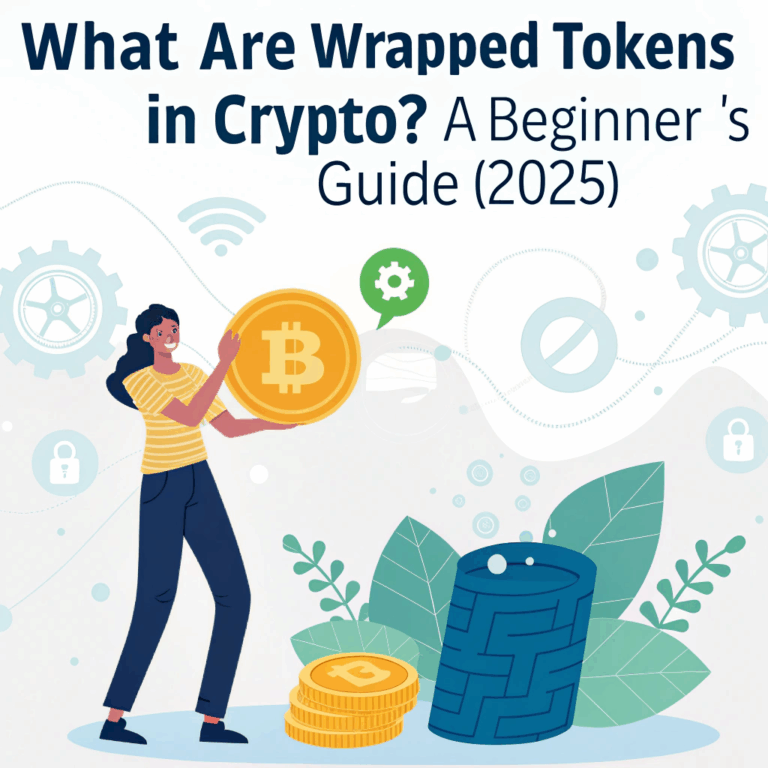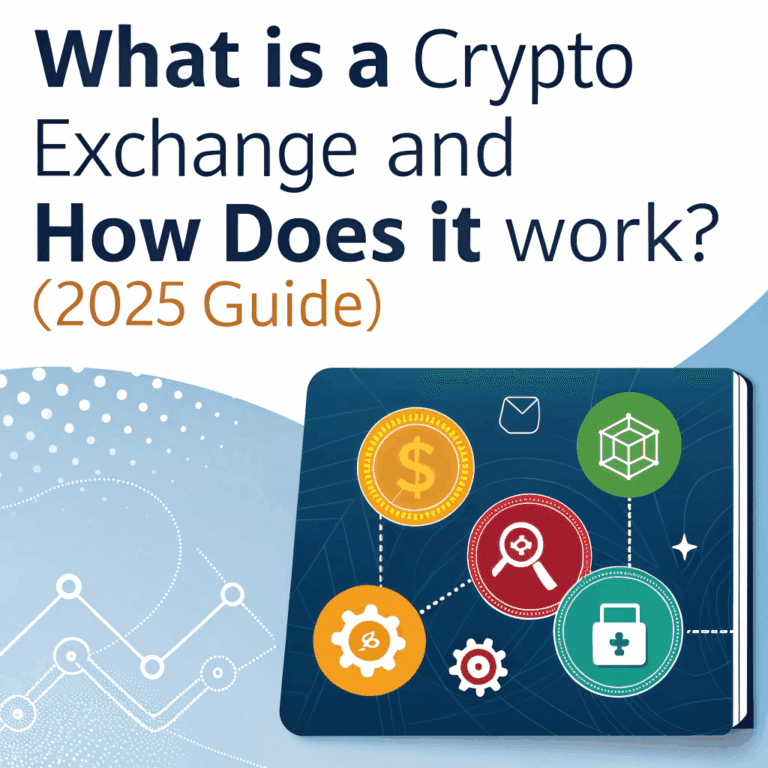How to Choose the Right Crypto Wallet for You in 2025

Introduction
Choosing the right crypto wallet can feel overwhelming — especially with so many options available in 2025. Whether you’re new to crypto or a seasoned holder, the wallet you use determines how safe and accessible your funds are. This guide will help you make the right choice based on your goals.
What Is a Crypto Wallet?
A crypto wallet is a tool that allows you to store, send, receive, and manage cryptocurrency. It stores your private keys — the digital credentials that give you access to your crypto.
You don’t store coins in the wallet itself — they live on the blockchain. Your wallet just proves ownership.
Types of Crypto Wallets
🔥 Hot Wallets
Connected to the internet, ideal for daily use.
Examples:
- MetaMask
- Trust Wallet
- Coinbase Wallet
- Phantom (Solana)
Pros:
- Fast, convenient
- Easy to connect to dApps
- Free to use
Cons:
- More vulnerable to hacks
❄️ Cold Wallets
Offline storage — safer for long-term holding.
Examples:
- Ledger Nano X
- Trezor Model T
- Keystone
- Paper wallets
Pros:
- Highest level of security
- Immune to online attacks
Cons:
- Requires physical access
- More complex to set up
🛡️ Custodial vs. Non-Custodial
| Feature | Custodial Wallet | Non-Custodial Wallet |
|---|---|---|
| Who holds the keys | Exchange or platform | You |
| Example | Binance, Coinbase | MetaMask, Trust Wallet |
| Recovery options | Yes (email/password) | No (you manage seed phrase) |
| Control | Limited | Full control |
Key Features to Consider
- 🔐 Security: Seed phrase control, 2FA, hardware options
- 📱 Device compatibility: iOS, Android, Windows, macOS
- 🌐 dApp access: Built-in browser for Web3 apps
- 📊 Token support: Compatible with ERC-20, BEP-20, NFTs, etc.
- 📦 Backup/recovery: Seed phrase, cloud (optional)
- 💬 User interface: Easy to navigate, clear design
- 🛠️ Custom gas controls: Adjust transaction fees
Best Wallets for Beginners (2025)
- Trust Wallet – mobile-first, very beginner friendly
- Coinbase Wallet – intuitive, good for NFT holders
- Exodus – desktop and mobile, beautiful UI
- Atomic Wallet – supports many coins, built-in swap feature
Best Wallets for Security
- Ledger Nano X – Bluetooth hardware wallet, widely trusted
- Trezor Model T – Touchscreen + open-source
- Keystone – Air-gapped hardware wallet
- Coldcard – Bitcoin-only, hardcore security
- Gnosis Safe – Multisig wallet for large holdings
Best Wallets for NFTs and DeFi
- MetaMask – Leading wallet for Ethereum dApps and NFTs
- Phantom – Solana ecosystem, NFT-friendly
- Rainbow Wallet – Great UI, Ethereum-focused
- Argent – Secure smart wallet, great for DeFi
- Zerion – Portfolio management + DeFi integration
Mobile vs. Desktop vs. Hardware Wallets
| Platform | Best For | Pros | Cons |
|---|---|---|---|
| Mobile | On-the-go use, small trades | Convenient, dApp ready | Higher risk, small screen |
| Desktop | Managing multiple tokens | More features, safer | Still online, less portable |
| Hardware | Long-term storage, large funds | Ultimate security | Slower, costs money |
Red Flags to Avoid
🚩 Wallets asking for your seed phrase
🚩 Poor app store reviews or no GitHub presence
🚩 No clear development team or updates
🚩 Fake copies of real apps (watch out on mobile stores)
🚩 Overpromising features like “guaranteed profits”
Always download from official sites or verified app stores.
FAQ
Do I need more than one wallet?
It’s smart to use different wallets for daily use and long-term storage.
Can I store all cryptocurrencies in one wallet?
No — some wallets are specific to certain chains (e.g., MetaMask for Ethereum, Phantom for Solana).
Is MetaMask safe?
Yes, if you use it carefully and never share your seed phrase.
What happens if I lose my wallet?
If you have your seed phrase, you can restore your funds. No seed phrase = no recovery.
Conclusion
The right crypto wallet in 2025 depends on your experience, goals, and security needs. Start with a hot wallet like Trust Wallet if you’re new, and consider a hardware wallet like Ledger if you’re serious about long-term storage. Always back up your keys, stay alert, and remember — not your keys, not your crypto.





